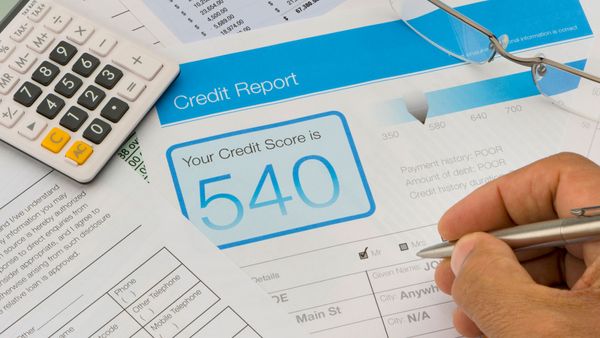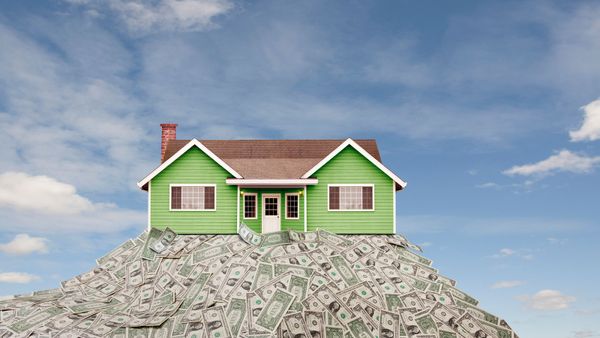
Who among us doesn't want a lower monthly mortgage payment, right? Well thanks to near-record low interest rates, more Americans have been able to refinance the old homestead. Still, a successful refi isn't just about getting a lower interest rate. There are several things you should consider before you dive into the process and sign on the dotted line. It's important to do your due diligence to determine whether refinancing your mortgage now is right for you, and if so, what you should do to properly prepare. Here are some questions to ask:
Advertisement

